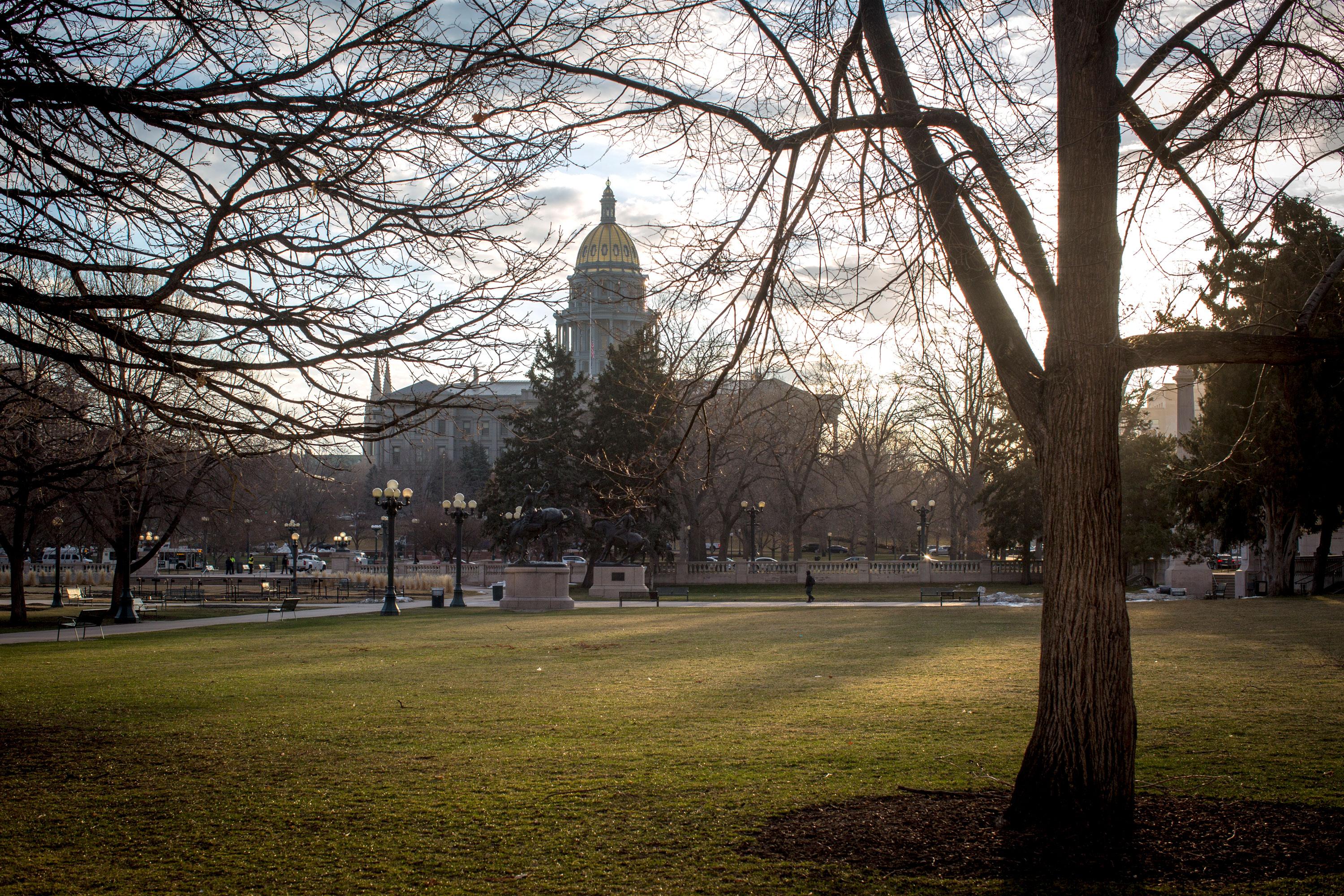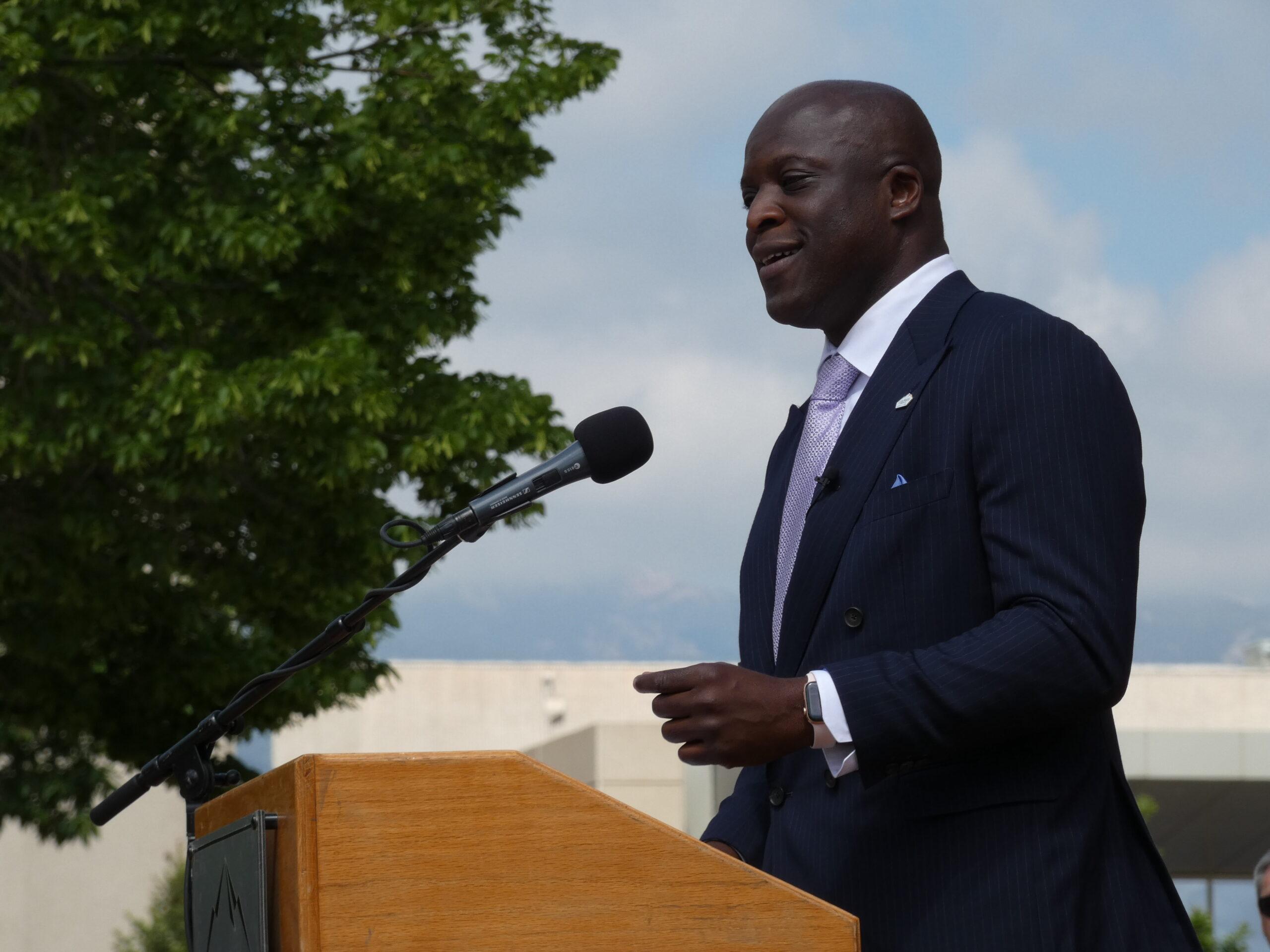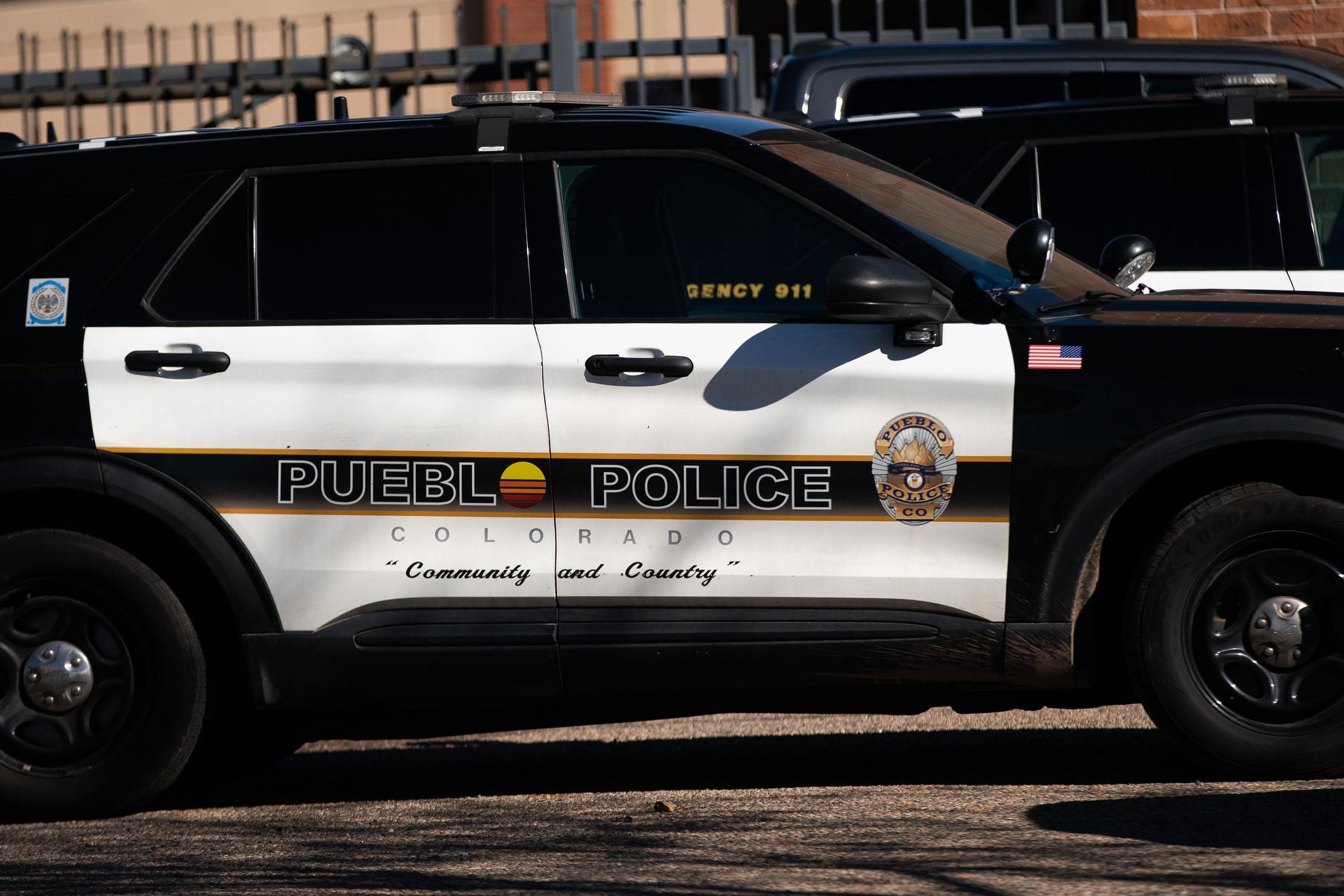

Gov. Jared Polis signed Colorado’s roughly $30 billion state budget into law Thursday.
Polis highlighted what he sees as successes in the bill such as holding tuition flat at public colleges and universities, finding more money for transportation, funding the state’s water plan and bipartisan efforts on criminal justice reform and mental health.
He also discussed his top legislative priority — funding for full-day kindergarten throughout Colorado and called it an amazing step forward.
“Early childhood education in kindergarten is really something that unites us as demonstrated by the vote in the House on the bill to implement full-day kindergarten, 53 to 11,” Polis said. “And it's hard to have a better vote than that, around a priority. It really is pulling people together around the value of free full-day kindergarten.”
Crafting the budget is a months-long process and began under former Gov. John Hickenlooper’s administration.
“This was a particularly difficult budget from the executive side because it spanned two governors,” Polis said.
It is signed. We can adjourn tomorrow now right? pic.twitter.com/wDi1lTK0qq
Another challenge was that the state didn’t have as much money to work with as budget committee members originally thought.
“This budget wasn't an easy budget to balance,” said Democratic Sen. Dominick Moreno, the chair of the six-member joint budget committee. “When we received the forecast and realize that a quarter of $1 billion vanished into thin air, we had to make some really hard choices. But in light of those hard choices, we are still making unprecedented investments in education, unprecedented investments in transportation.”
A last-minute Senate deal between the two parties to put more money into transportation funding was a top priority for Republicans. The House lowered the overall amount but the total stands at $300 million.
One main concern from lawmakers who voted against the budget bill this year was that it set up too many obligations the state won't be able to afford, especially if an economic downturn hits.
"Is it role of government to make sure we have something to hand out to everyone?" said Republican Sen. Jerry Sonnenberg of Sterling as he cast his no vote on the Senate floor.
Passing a balanced budget is the only thing state lawmakers are constitutionally required to do during their four-month-long legislative session. It involves intense discussions and negotiations over many competing priorities.
“As excited as I am to see it signed, I'm excited that it's over,” said Democratic Rep. Daneya Esgar, the vice-chair of the joint budget committee









